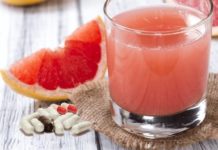Avoid plastic - facts and reasons for combating plastic garbage
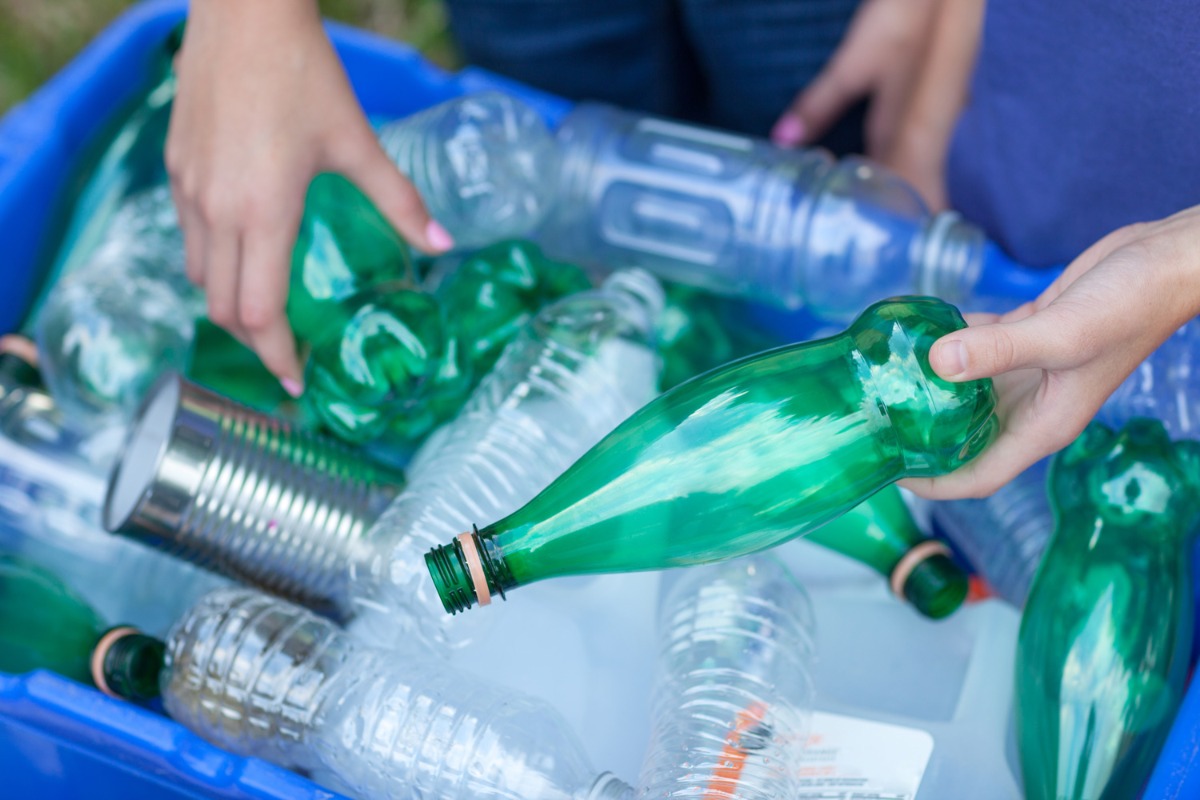
The use of plastic materials is a part of our lives, but if we avoid plastic, we can save entire ecosystems. However, plastic does not damage marine rivers and ecosystems. Numerous studies show that it is also dangerous for human health. Some shocking statistics can, for this reason, encourage you to even reconsider plastic products. So, in this post, we are trying to explain why you should avoid plastic.
Avoid plastic for everyday wellbeing
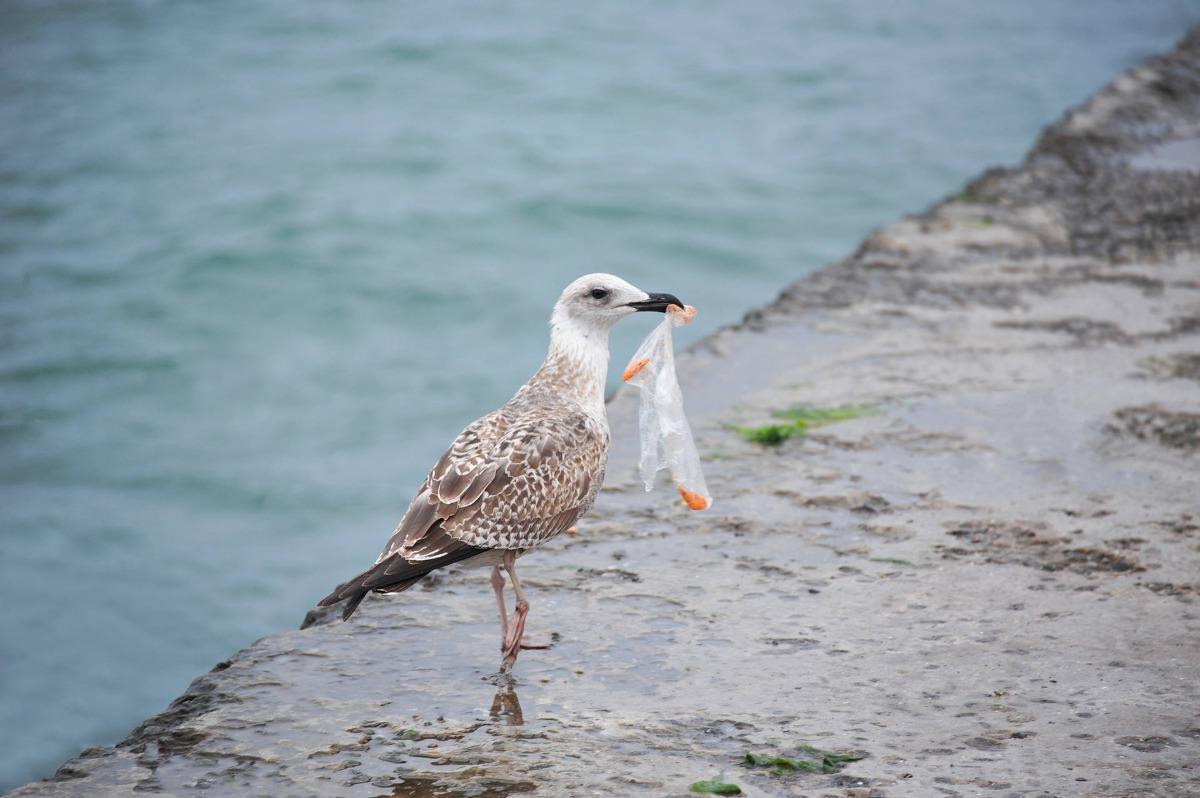
When you look into your kitchen or your office, you are likely to find yourself surrounded by plastic. These can be water bottles, coffee bags for taking, straws, shopping bags, food packaging, plastic containers and many other products. These are all examples of disposable plastics products, which today are both a hot topic for the environment as well as for health. It is certainly not realistic to remove all plastic from your life. This can reduce your footprint by throwing away straws, switching on reusable water bottles or bringing fabric bags to the supermarket.
Excessive production of plastics
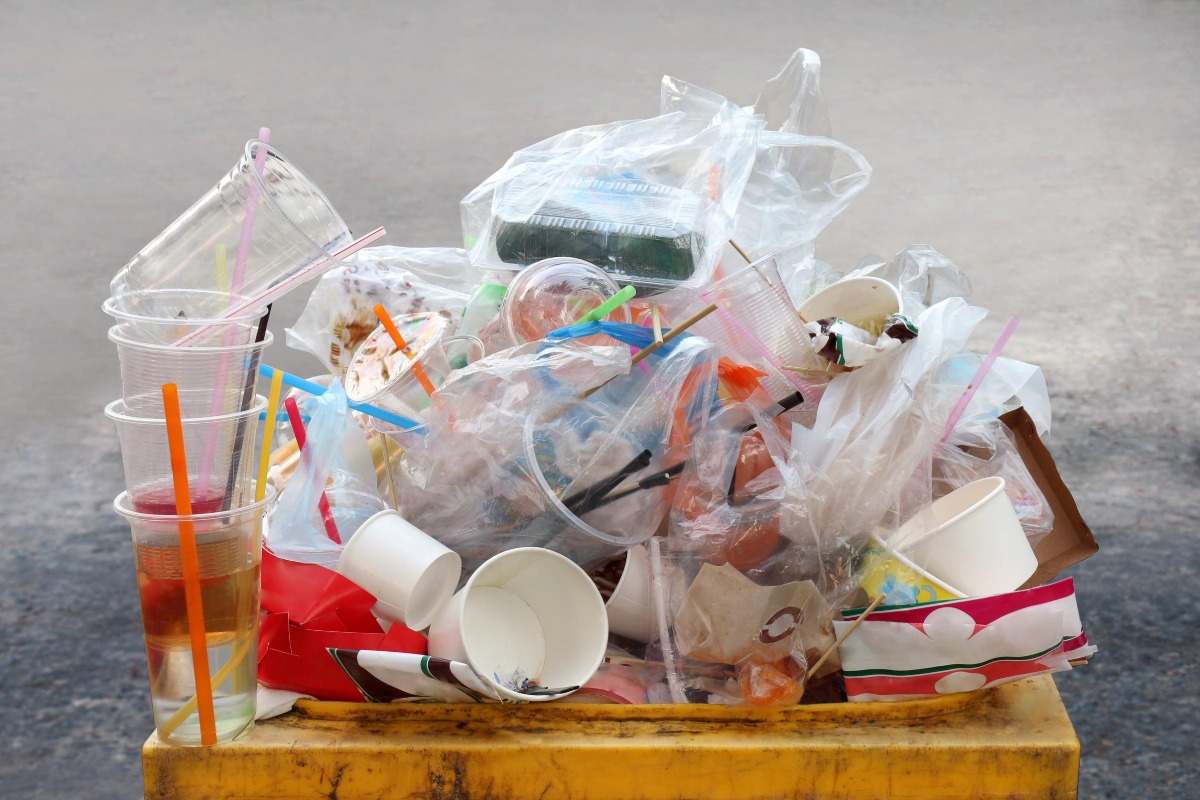
The popularity of plastics, which began to rise in the 1950s, became increasingly out of control. According to some scientific studies, manufacturers worldwide produce around 9 billion kilograms of plastic and give no indication of a slowdown. Scientists warn that by 2050, a further 15 billion worldwide will emerge as products. In addition, plastic and other everyday objects need an eternity to crush on the ground.
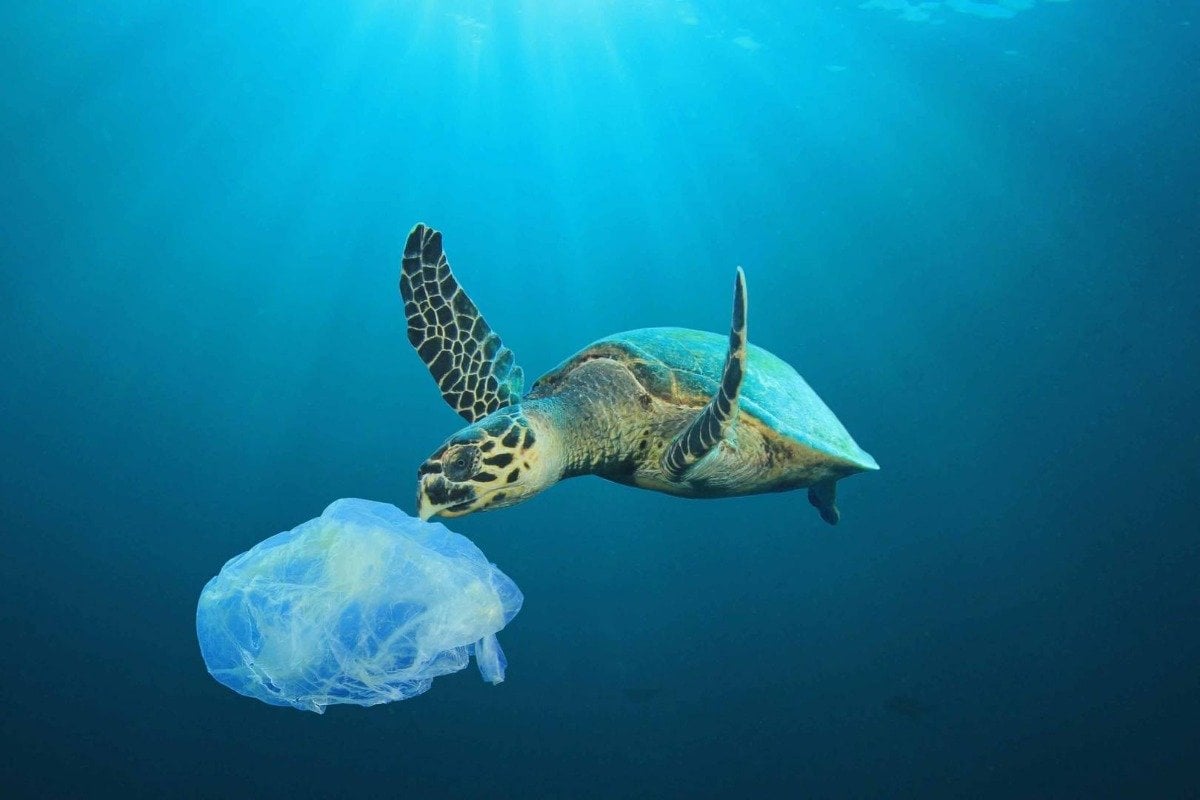
Plastic also lands in the oceans, where every piece, if ever repaired, remains in any form in the environment. As soon as we have our plastic garbage conveniently disposed of at home, transport wind and water to our waste from garbage dumps and streams in the wastewater channel and directly to the sea. As an average world resident throws away around 80 kilos of garbage per year and produces more than 320 million tonnes of plastics per year worldwide, the marine environment of our daily disposal is heavily sucked into membership.
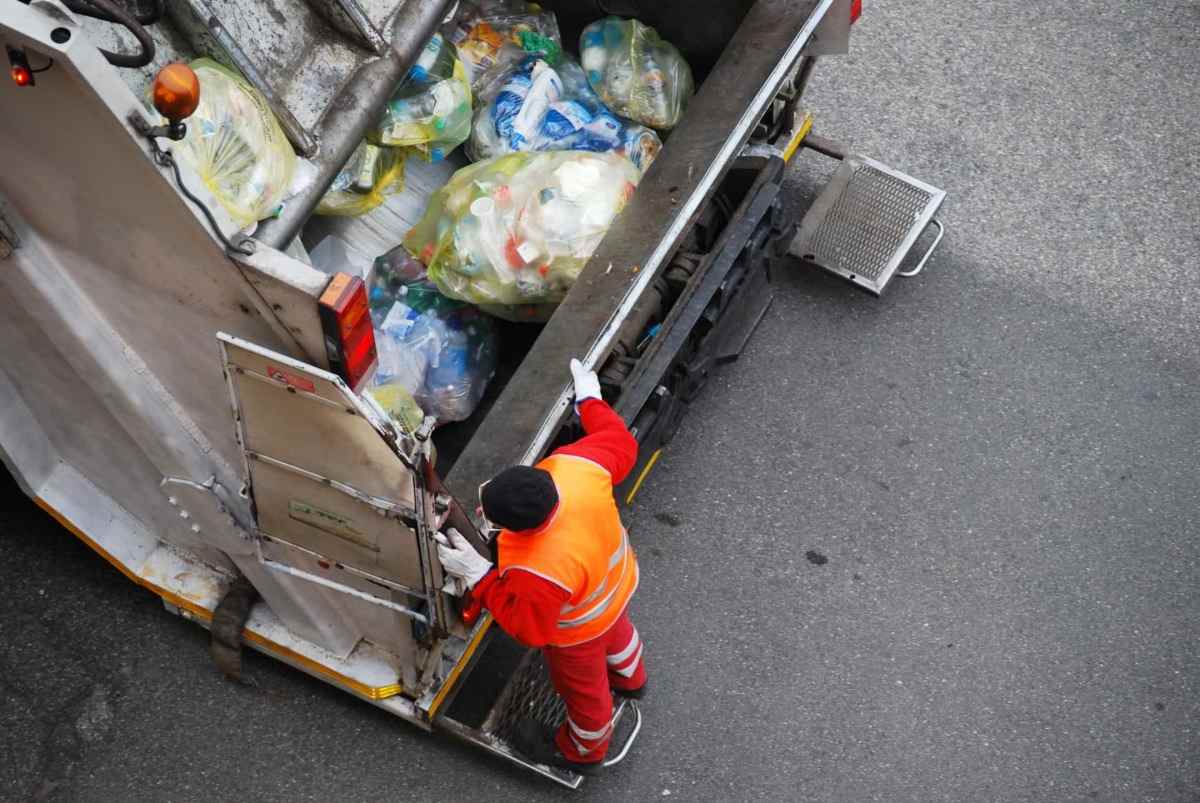
Our plastic consumption therefore works directly on the animal life in the ocean, including fish, which also provides a main source of food for humans. Often our society is so focused on making our lives pleasurable in the short term, but in the long run our health and the health of the sea are at the expense of these all-too-common pleasures.
Avoid using plastic
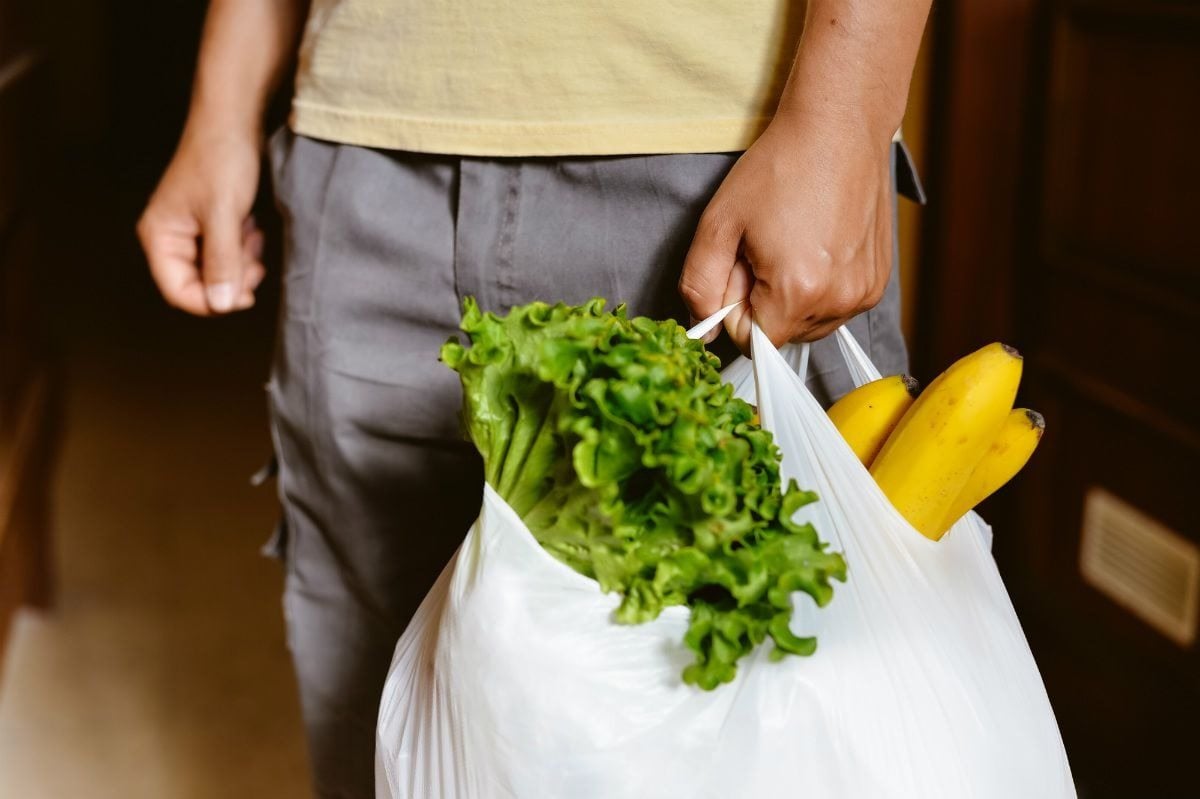
Did you know, for example, that around half of the annual plastic production is determined for a disposable product? These include, for example, plastic bags, packaging, water bottles and straws. Originally liquid detergents were normally packed in high density polyethylene. 68 percent of this container is not recycled at all. Some companies are always putting themselves in a way to reduce plastic waste by washing capsules. These consist of plant-based, biodegradable ingredients and are delivered in up to 100 percent recyclable and compostable cardboard boxes. Even the royal family in England is in an environmentally friendly trend. For this reason, they have banned straw bales from Buckingham Palace.
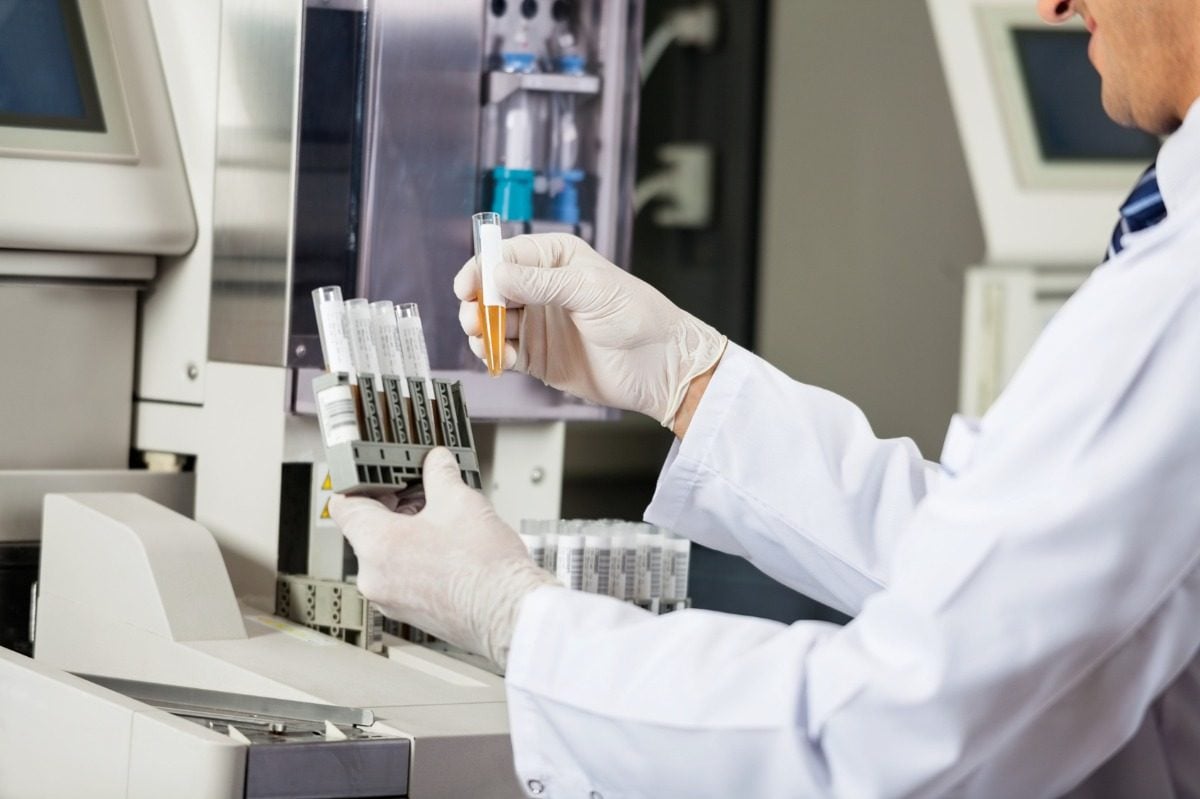
Plastic contains bisphenol A, also called BPA, which human hormones can take. It is a chemical that has been used in the manufacture of plastics since the 1960s. She also comes in direct contact with foodstuffs, including plastic packaging, kitchen utensils as well as the interior of cans and glass covers. Studies show that BPA interacts with estrogen receptors and plays a role in the pathogenesis of multiple endocrine disorders. These include female and male infertility, early puberty, breast and prostate cancer as well as polycystic ovarian syndrome (PCOS). It therefore provides a good reason why manufacturers today market so many products as BPA free. In this way, consumers can avoid recyclable plastic.
BPA can be harmful to health

According to a recent report, the use of plastic containers for storage or heating of food in the microwave could pose a potential health risk to young children. Most organizations are calling for reforms, but in a report it has been pointed out that some chemicals contained in food dyes, preservatives and packaging materials could pose a risk to children. The report cites an increasing number of studies that suggest that certain food additives interfere with hormones, growth, and development and could increase the likelihood of obesity in children.
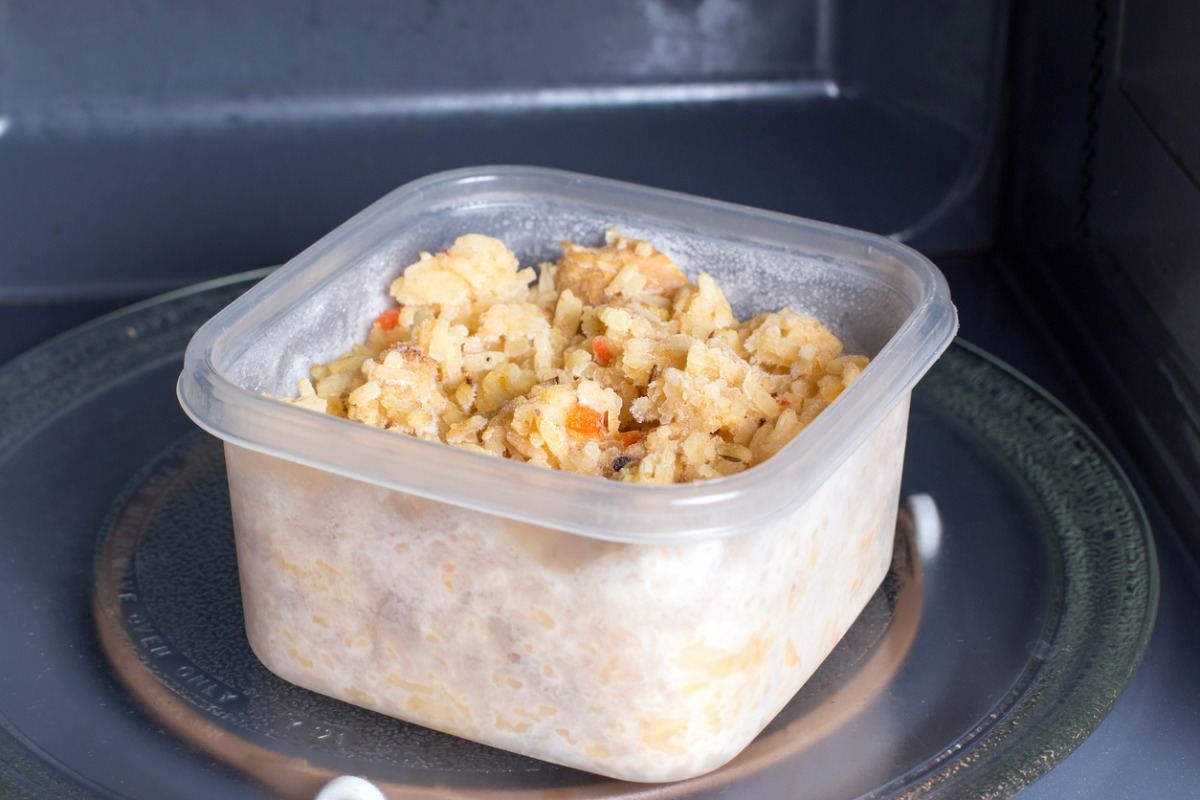
Most of these are based on artificial additives and BPA in plastic containers and metal cans. It is recommended that no microwave be used to heat food and drink or to use plastics in the dishwasher. As a well-known endocrine disruptor, BPA can interfere with the normal function of endocrine systems, including the serum levels of hormones that regulate metabolism. It is increasingly indicative that BPA plays a role in the development of obesity both later and later in life.
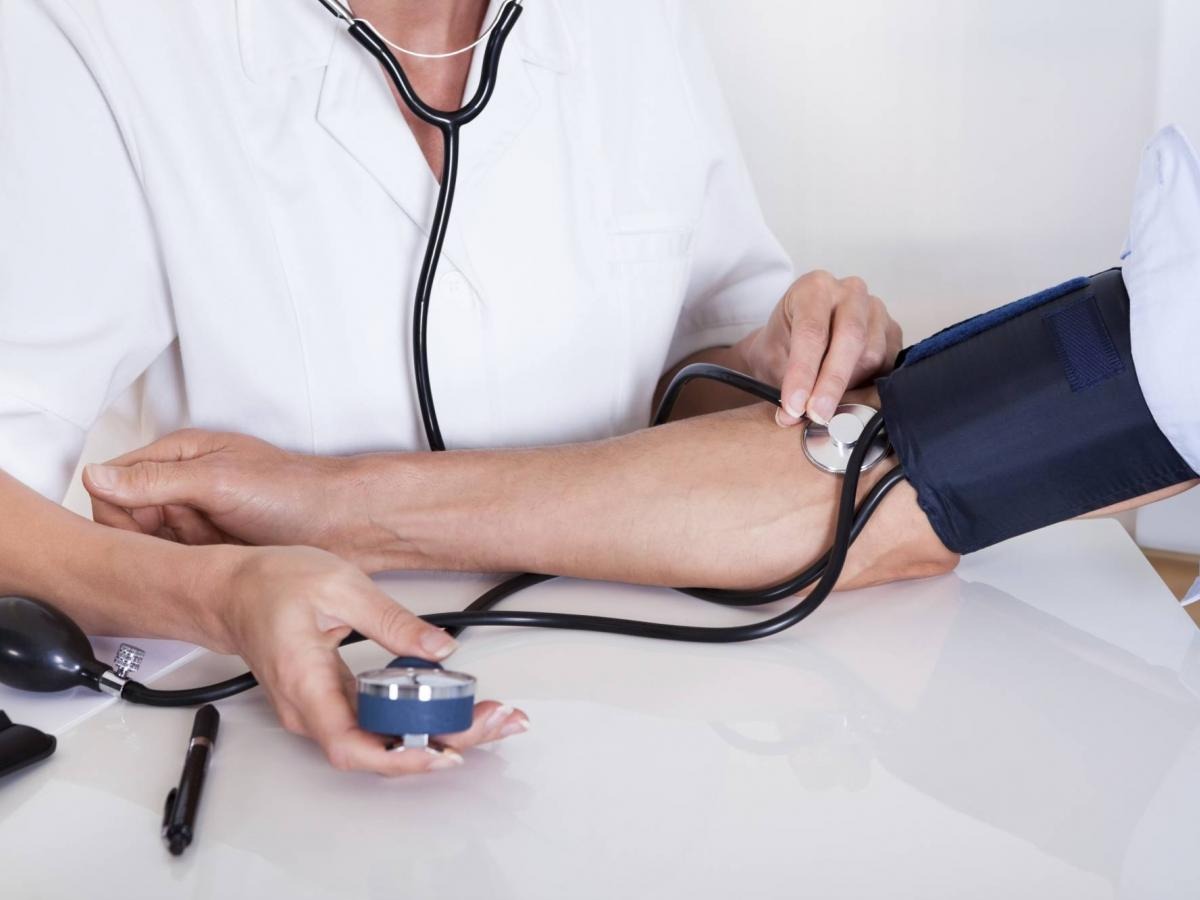
The consumption of beverages from BPA-dosed doses can also increase blood pressure. In clinical studies, volunteers drink the same drink in glass bottles or cans. Two hours after the release, the researchers measured the BPA concentration and blood pressure in the urine. The BPA urine level was higher in the dose group and systolic blood pressure rose by 4.5 mm Hg on average compared to the glass bottle group. When you avoid plastic, it is just one of many possibilities for environmentally conscious and healthy living.
Avoid thyroid dysfunction with less plastic

BPA can change thyroid hormones that regulate our energy in the body. In November 2016, the International Journal for Environmental Research and Public Health published the BPA with autoimmune thyroid disorders, such as Hashimoto's disease, published. Laboratory tests exceed 52 percent of people with elevated thyroid antibody measurable thresholds. The toxic BPA values had led to your thyroid being subjected to an autoimmune reaction.
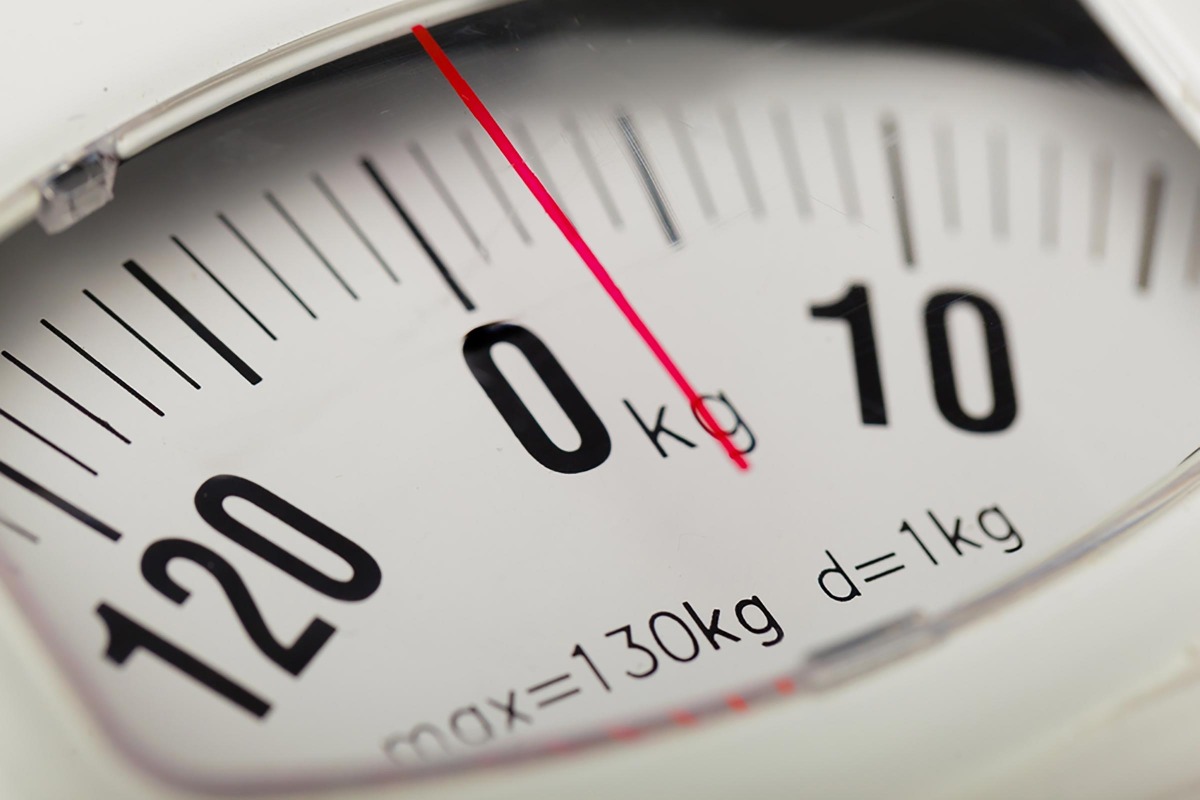
Scientists also connect BPA with a bowel disease, where the substance negatively affects the metabolism of microbial amino acids in the intestine. The irritable bowel syndrome is a collection of diseases to which ulcerative colitis and Crohn's disease belong. Medical research also proves that this exposure to BPA increases the number of compounds that trigger a dementia. Plastic is never the only pollutant that can affect your health, as today's other products are filled with pollutants.
Can you avoid plastic by BPA-free products?
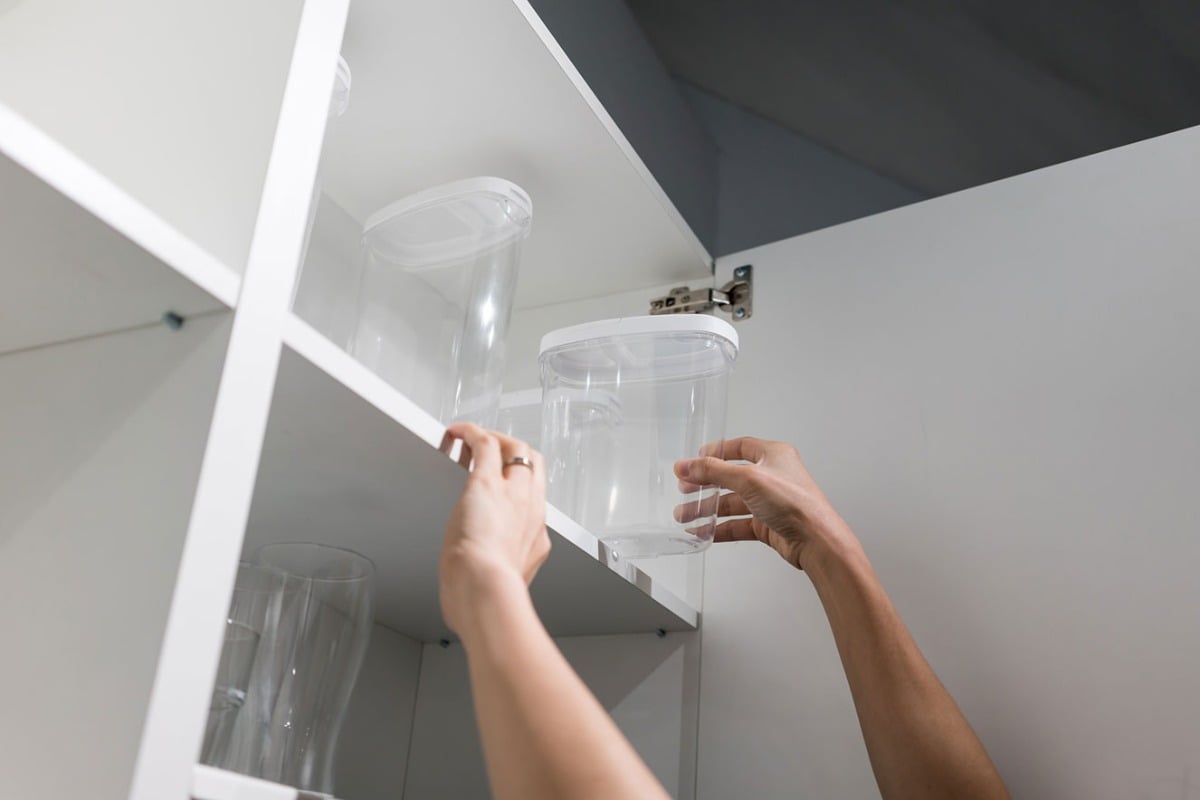
While it is tempting to believe that BPA-free plastics solve these problems, the truth is more complicated. A recently conducted study investigated more than 450 BPA-free products that are subject to normal wear and tear. More than 95 percent emitted chemicals that acted as estrogens. While BPA is still on the road, the fact is that the substitution of BPA is simply not well investigated and may have similar effects. In fact, manufacturers of BPS, a popular plastic replacement for BPA in water bottles, do not have to identify. It still compares to revenue similar to BPA.
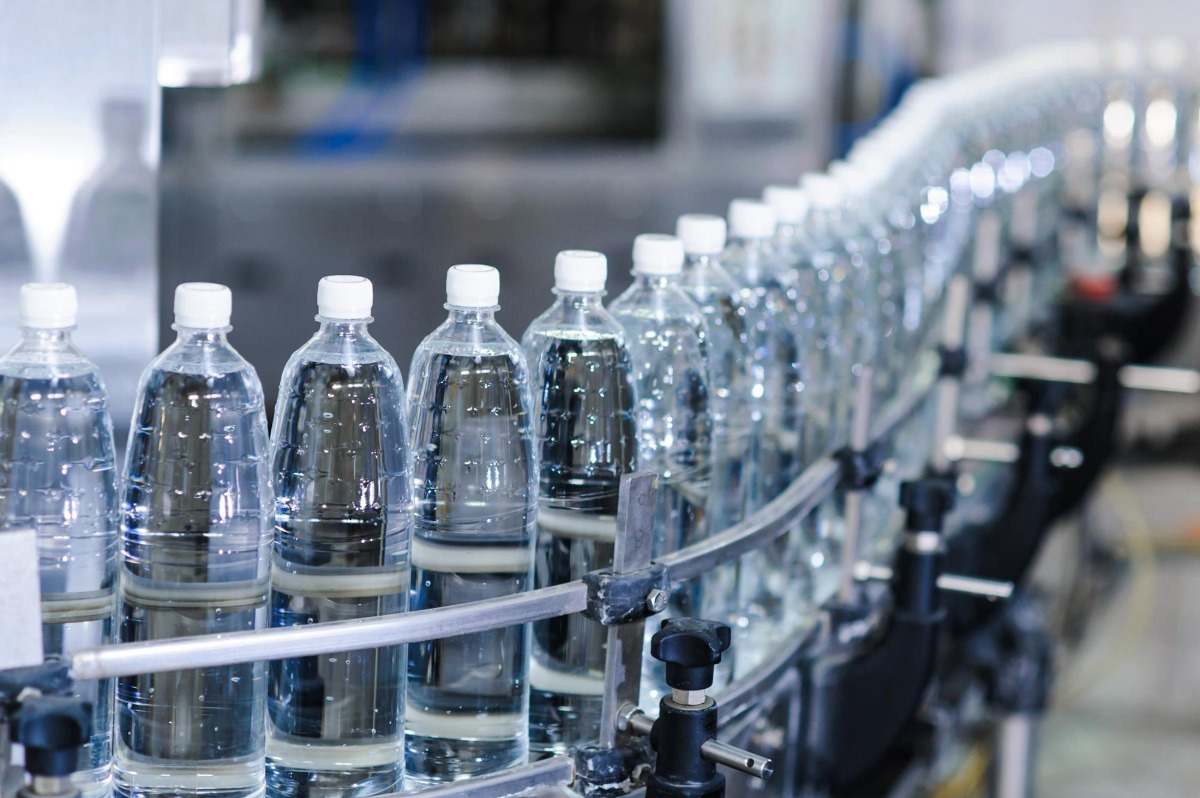
Expect an upgraded stainless steel non-toxic food container. These environmentally-friendly containers are available in various sizes and have leak-proof silicone covers. Compared to plastics, silicone lasts longer and withstands heat and cold better. In addition, it is odorless, dirt-repellent, hypoallergenic and has no open pores in which to harbor harmful bacteria. Know best about the hidden danger in BPA-free plastic products before using.
Microplastics in water bottles and containers
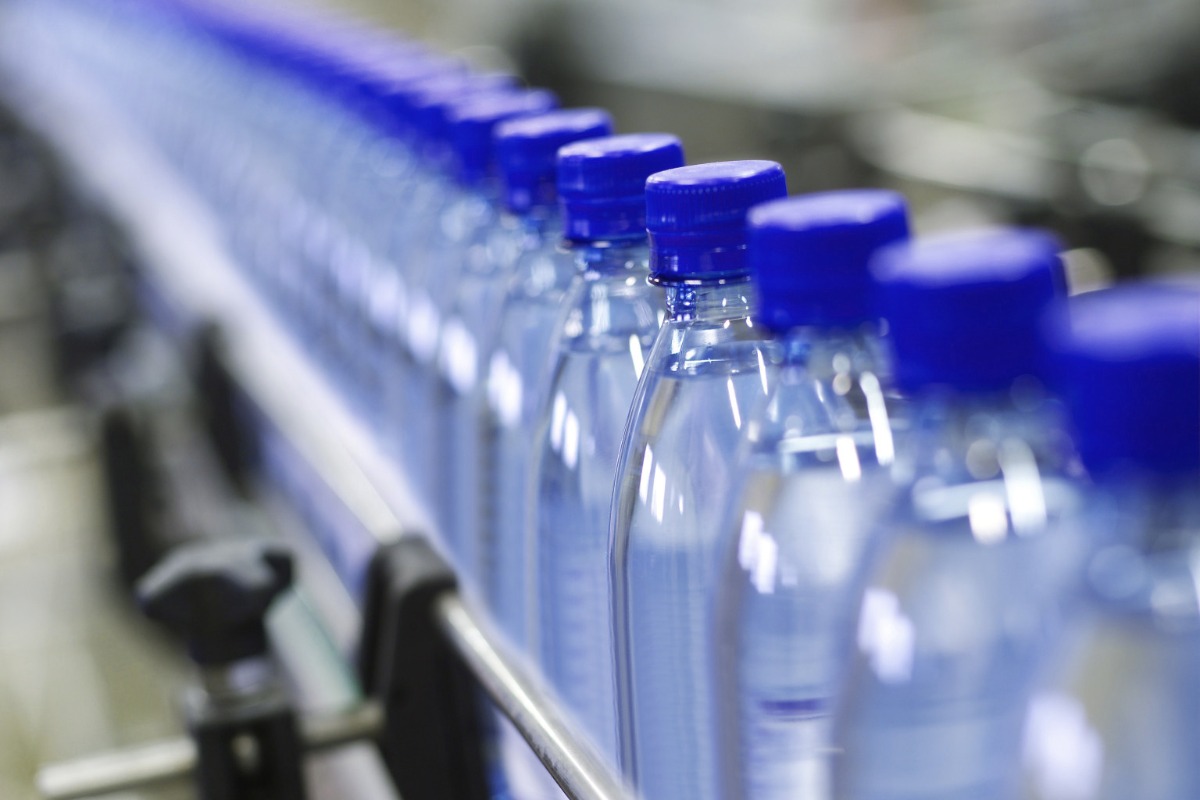
Large plastic parts decay into microplastics. In a recent study, 259 water bottles from 11 brands were tested, which were sold in nine countries, including the USA. A total of 93 percent of the tested samples contained contamination from microplastics, averaging 10.4 plastic particles per liter of water. This is twice as much plastic as tap water. Of these plastic tiles, 65 percent were fragments that came from the bottle closures. They can instead be exchanged for reusable stainless steel water bottles that contain no plastic parts. The double-walled, insulated design keeps your drinks cold for 24 hours or up to 12 hours long. They can also avoid plastic by filling more plastic water bottles.
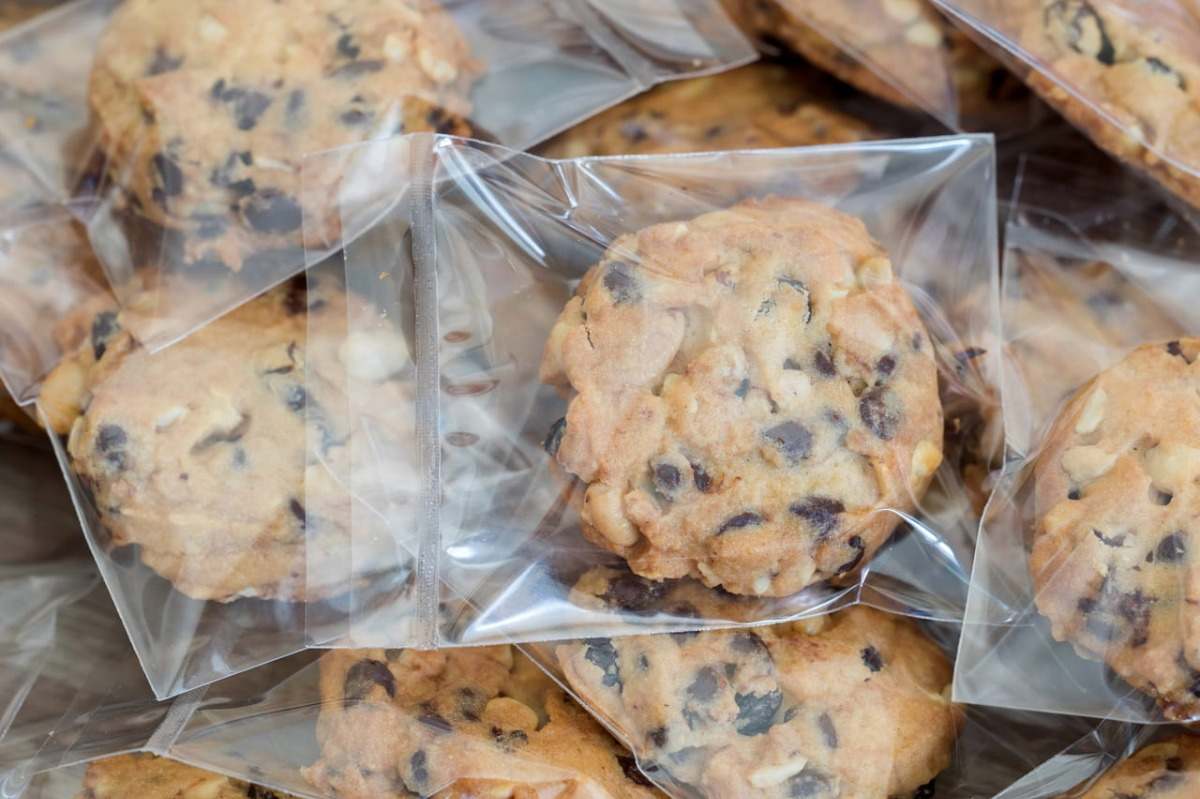
According to Harvard medical experts, BPA and phthalates can get into the food if you wrap these in plastic. They find that migration to high-fat foods such as meat and cheese is likely to be even greater. Heated plastics read out chemicals 55 times faster. Whether you heat a counter in the microwave, bring warm food into a storage container, or use a counter to be transported through a hot dishwasher, you increase the chance of chemicals being exhausted. If you can use leftovers for the microwave, choose a glass bowl and leave the BPA-free lid off for safety reasons.
Not every plastic is recyclable
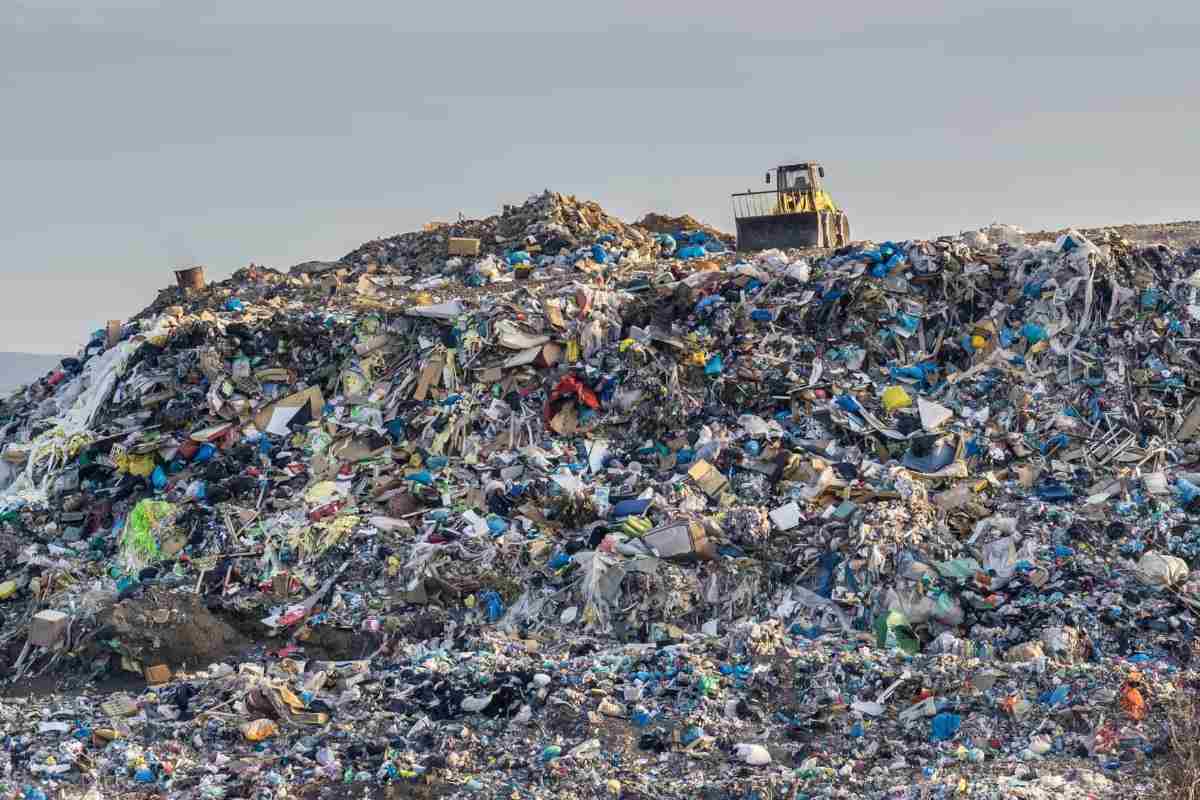
Did you know that plastic bags, straws and coffee bags are not recyclable once? For example, National Geographic takes the problem of recycling a coffee bag. While the outer side consists of a paper bag made of paper, it is contained within a thin layer of plastic. These should protect you from burns and prevent rapid cooling of the bag. You both have to train both different materials either by hand or with a special machine, and this exercise is time-consuming and expensive. According to statistics, the world has produced 8.3 billion tonnes of plastic. It is shocking that 6.3 billion tonnes, of which the largest part is collected on garbage dumps, have become garbage. These simultaneously pollute the soil, the oceans and the air. If those trends continue to persist, by 2050, 12 billion tonnes of plastics will be landed on landfills.
Plastic in the ocean and in the lakes
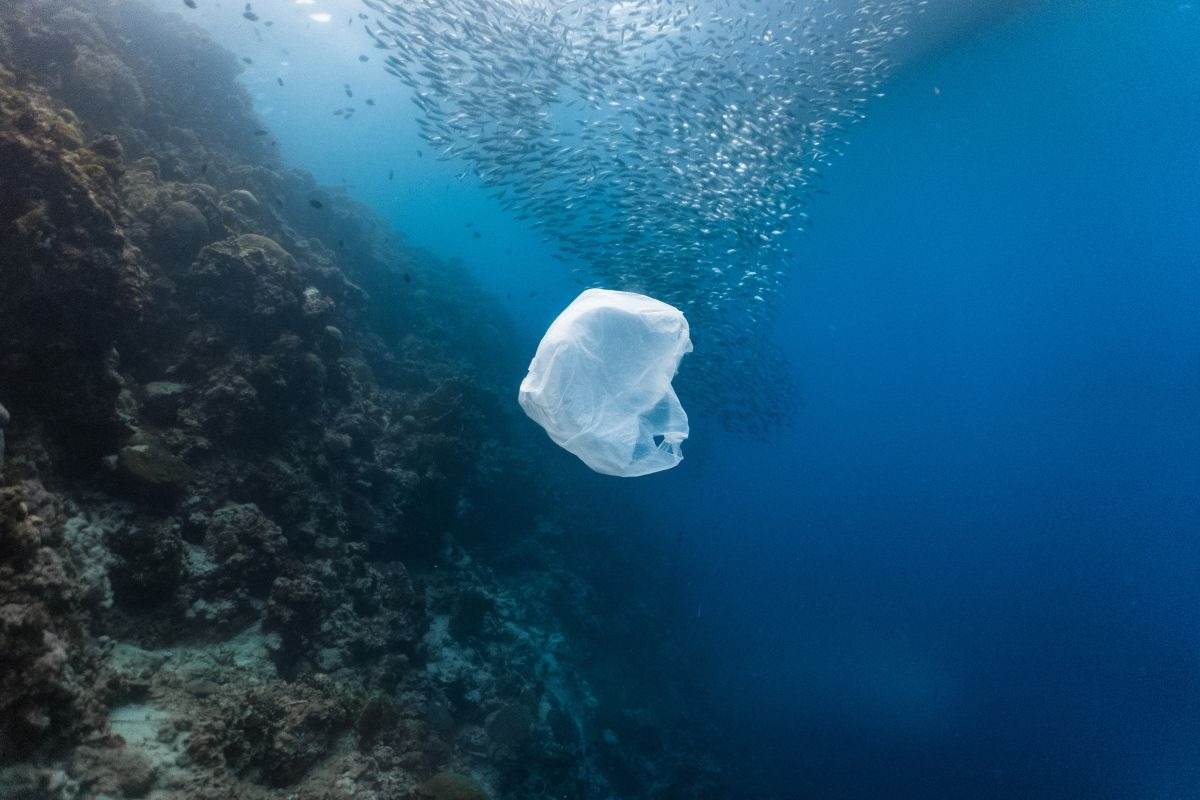
In 1975, the National Academy of Sciences estimates that approximately 0.1 percent of worldwide plastics production lands in our oceans annually. In the year 2015, a research team investigated how many plastic garbage coastal countries around the world had produced and how many could possibly have landed in the ocean. The results, which are in the public sciences, say that about 40 to 120 million tonnes of plastics alone are coastal in the year 2010. Even more frightening is the predictable fact that the annual volume and plastic garbage in the sea will become more than doubled over the next ten years.
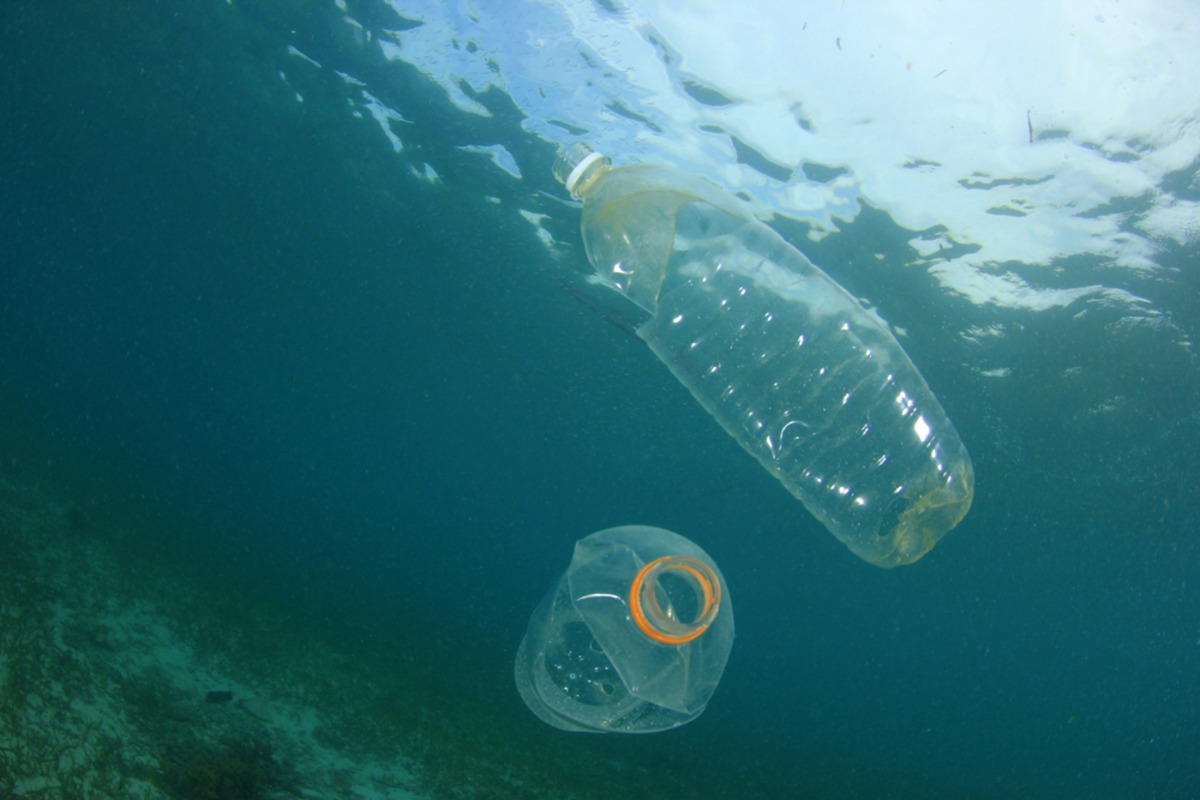
Water bottles made of fully recyclable polyethylene terephthalate (PET) plastic were meant to be 100 percent recyclable. Of the roughly 50 billion plastic bottles we used, we now only recycle 23 percent. In essence, we throw 38 billion water bottles per year on garbage dumps. Current statistics indicate that every minute 1 million plastic bottles were purchased worldwide and this number is expected to rise by a further 20 percent by 2021. So leave behind plastic bottles and invest in a reusable bottle made entirely of stainless steel, even the lid. If you are ever forced to drink from a plastic bottle, you should always do this: screw the cap on before recycling the product.
Avoiding the Plastic - Facts and Reasons for Fighting Plastic Garbage appeared first on Deavita.com | Home ideas, design, hairstyles, makeup, lifestyle, health and beauty tips.








